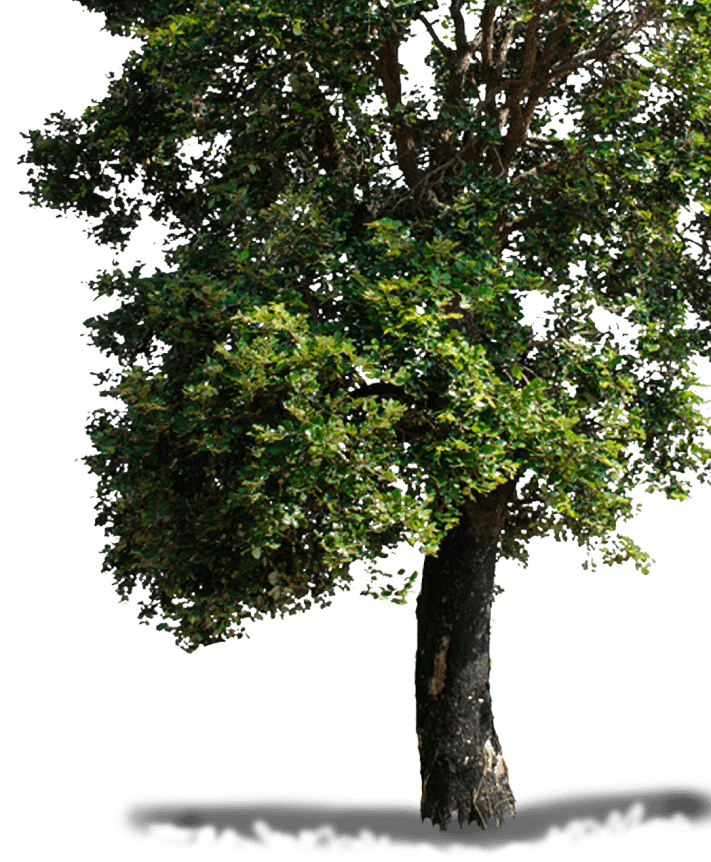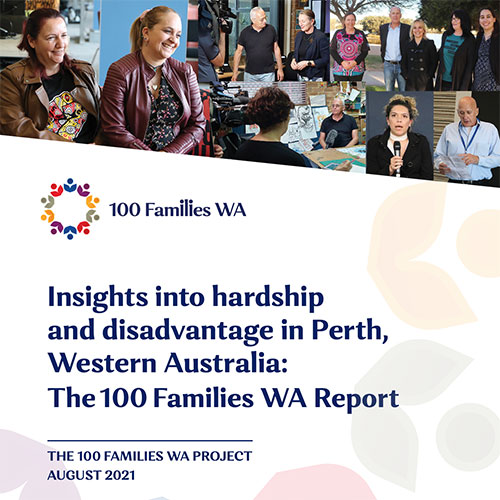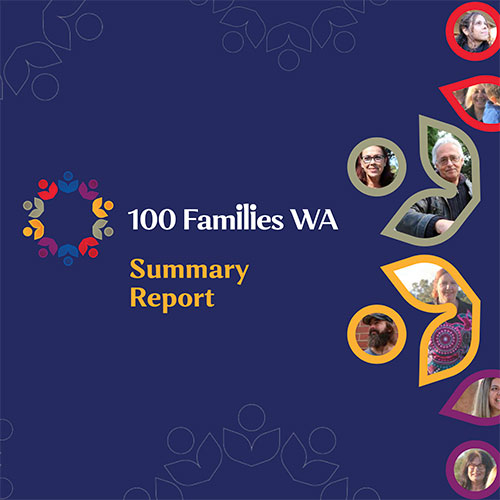I’ve always been a strong person. Other people aren’t as fortunate and come across as more hopeless, I guess. But then, maybe they started off like me?
In my life, it’s always been up to me to make things better, no one else was going to do that for me. Still, I wish there was support that went beyond a bit of food and the occasional night in a bed. I want to thrive again not survive.
I know I need help but if things are going to change I want to set my own goals and determine how I get there. I just need someone who knows what they are doing to support me on this and be kind about it.
I must find a way soon. This life is changing me.




